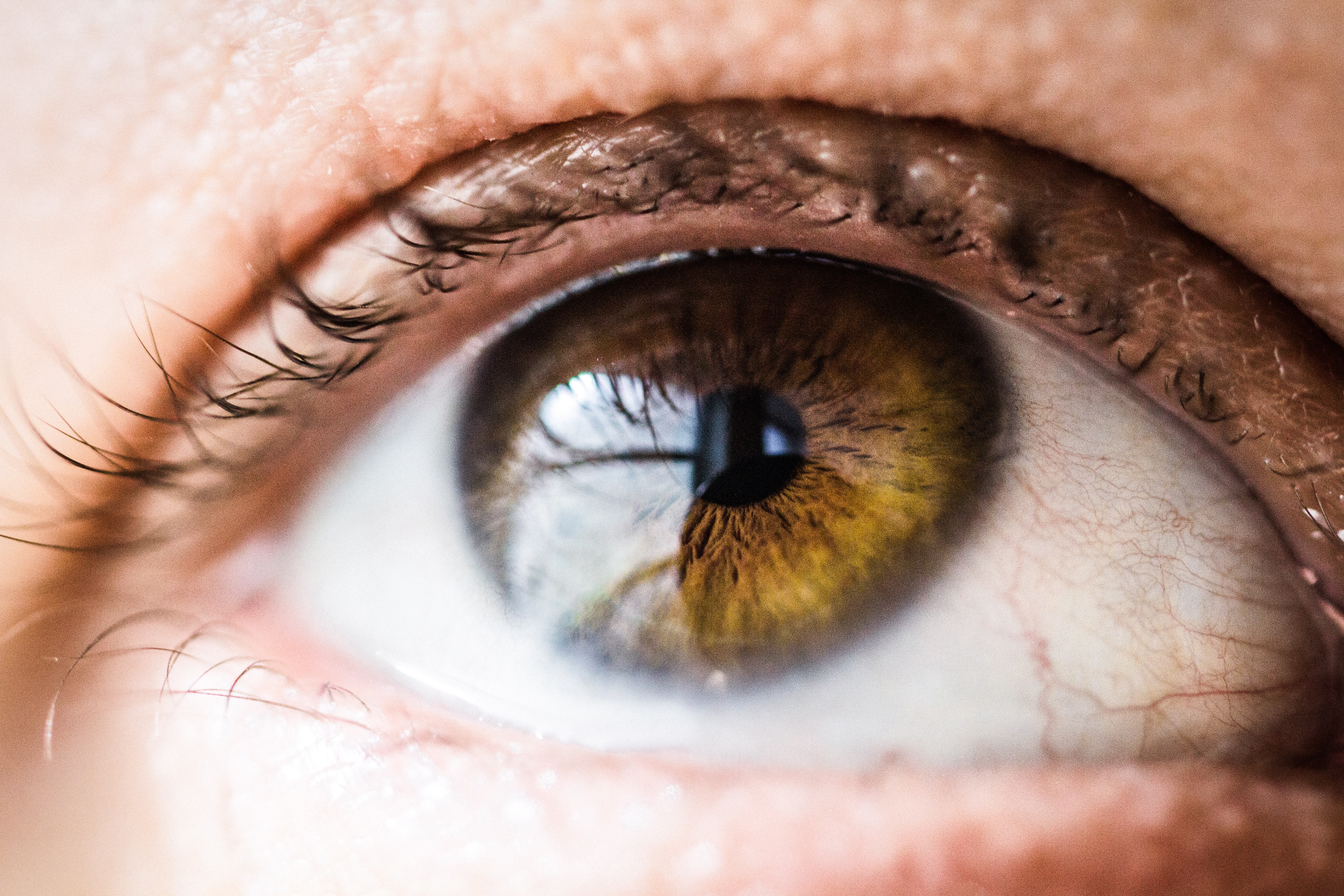Give Your Eyes A Break!
BEEP BEEP BEEP BEEP BEEP *Flail* BLINK BLINK BLINK Your first conscious action of the day: awkwardly flounder for your smartphone to stop the...
2 min read
 The Rochester Eye & Laser Team
:
Apr 14, 2022 2:16:50 PM
The Rochester Eye & Laser Team
:
Apr 14, 2022 2:16:50 PM


It’s difficult to enjoy a beautiful spring day through swollen eyes and a stuffy nose.
Why is springtime so often accompanied by red, puffy, and itchy eyes? The answer isn’t always allergies, so let’s look at the different things that can cause allergy symptoms in the spring and what we can do to avoid or minimize these symptoms so that we can get the most out of this beautiful season.
All kinds of things from pet dander to dust to perfume can cause allergies, and they aren’t always limited to a particular time of year. However, spring and autumn tend to be worse because of pollen. Some plants like grass pollinate in the spring, while others like ragweed pollinate in the fall.
In these months, the air becomes full of tiny floating particles that can get caught in our eyes and airways and cause irritation. Anyone with an overactive immune system is likely to experience symptoms like itchy eyes, congestion, and frequent sneezing.
Typical allergy symptoms include redness, watering, and itchiness of the eyes, sometimes accompanied by a gritty sensation, swollen eyelids, a burning sensation, and increased discomfort with contact lenses. Taking decongestants can help with the respiratory symptoms, but a side effect is often that they dry the eyes out, which only makes the eye symptoms worse and leaves the eyes more vulnerable to airborne irritants!
One of the best things you can do in an allergy attack is to stay hydrated. You can also use eye drops (especially if your other allergy meds are drying out your eyes). It might be a good idea to stick to glasses over contact lenses as long as you have eye symptoms. Aside from being uncomfortable, contact lenses can trap allergens against the eye and worsen the symptoms. Whatever you decide about glasses and contacts, though, try to avoid rubbing your eyes.
Because allergens like pollen are airborne, it’s very difficult to completely avoid them during allergy season, but there are ways to minimize exposure. One is to keep the windows closed and avoid placing fans in front of windows where they can blow pollen into the house. A measure as simple as wearing sunglasses (or normal glasses) can offer some protection. Stay inside on windy days if you can, and wear a pollen mask if you have to do yard work.
If you’re having a particularly stuffy and runny allergy season, the optometrist is here to help. We want our patients to be able to enjoy the season, so give us a call if you get hit with bad allergy symptoms in your eyes!

BEEP BEEP BEEP BEEP BEEP *Flail* BLINK BLINK BLINK Your first conscious action of the day: awkwardly flounder for your smartphone to stop the...

Nothing startles, quite like the feeling of looking in a mirror and finding a pair of red, bloodshot eyes, looking back at you. The most frustrating...

Protecting your eyes when active and outdoors is crucial for maintaining good eye health and preventing sports-related eye injuries. The best way to...